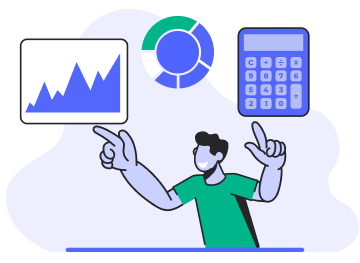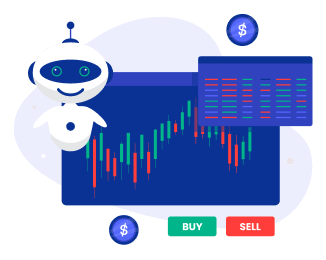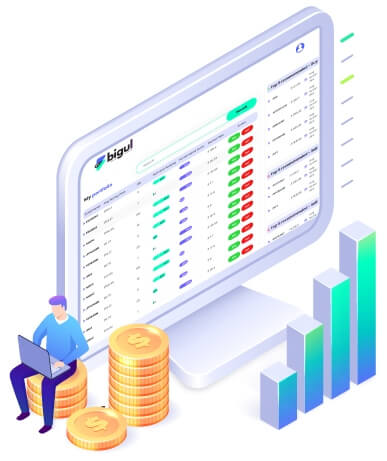Who Should Consider Investing in Currency?
People who fully understand global economics, geopolitics, and market trends may consider investing in currency. Its suitability for the risk-averse is evidenced by the volatile nature of the forex markets that are characterized by sudden fluctuations. This is because success depends on prudent analysis, fast decision-making, and emotional control during times of pressure. Currency trading can be appropriate for investors seeking diversification outside conventional securities like stocks and bonds. In addition, businesses engaging in international trade can utilize the foreign exchange markets for hedging against currency risk. Nonetheless, beginners should be cautious since complicated forex trading can result in high losses without proper education and risk mitigation plans. Thus, knowledge of market dynamics and updates are important aspects to anyone who wants to invest his or her money in currency trading.
















